When: 26.11.2024 | 9.00-15.00
Where: KO301, LiU Campus Norrköping
WORKSHOP
International PhD workshop, Migration and Justice
Coordinated by Professor Marina Gržinić, Academy of Fine Arts Vienna and Professor Claudia Tazreiter, REMESO
Workshop is part of a three-day exchange of knowledge between PhD students, postgraduates, and faculty members from two esteemed institutions: Linköping University, Sweden, and the Academy of Fine Arts Vienna, Austria.
Sponsored by:
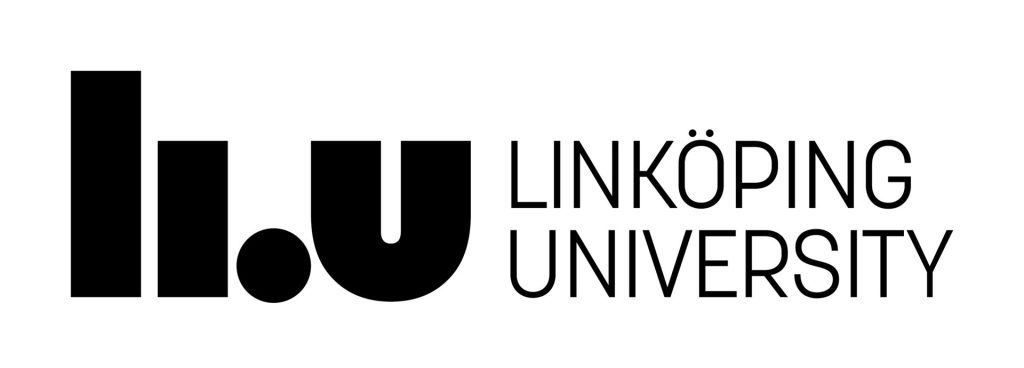
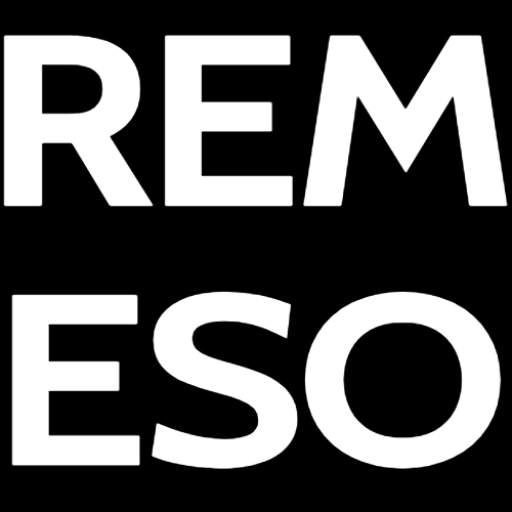



Conference Overview
The “Migration and Justice” conference aims to foster an exchange of knowledge between PhD students, postgraduates, and faculty members from two esteemed institutions: Linköping University, Sweden, and the Academy of Fine Arts Vienna, Austria. This event will create a dynamic space for discussing critical issues surrounding migration, racism, feminism, LGBTQI rights, labor, and citizenship. The conference will feature presentations from doctoral students and invited speakers, offering diverse perspectives on these urgent topics.
Objectives
– Facilitate interdisciplinary dialogue on migration, justice, and social inclusion.
– Explore the intersection of art, culture, and social justice within the context of migration.
– Provide a platform for PhD students and early-career researchers to present their work and engage in critical discussions.
– Strengthen academic and cultural ties between Linköping University and the Academy of Fine Arts Vienna.
Conference Program
| 9.00-9.15 | Introduction and opening statements Marina Gržinić and Claudia Tazreiter |
| 9.15-10.45 | Session 1: Asma Aiad, Academy of Fine Arts, Vienna Aesthetics of Participation: The Representation of Muslims in Austria through Art and Culture in the Context of Social Justice and Inclusion Mansi Kashatria, IKOS, LiU Radical Nuisance? Contemporary Art Practices and Re-Imagined Globality Kenna Sim-Sarka, REMESO Movement is Foundational: Indigenous perspectives on climate mobilities |
| 10.45-11.00 | Coffee Break |
| 11.00-12.15 | Session 2: Melike Isleyen, Oslo Metropolitan University Visuality, Violence, and Resistance: The Grey Zone between Solidarity with Palestine and Betrayal of Palestinian Cause Nicolina Ewards Öberg, REMESO Refugee housing and the restrictive migration regime |
| 12.15-1.30 | Lunch |
| 1.30-3.00 | Session 3: Adis Šerifović, (via ZOOM), Open Innovation in Science Center from the Ludwig Boltzmann Gesellschaft (LBG) – Inclusion Health Project Vulnerable communities and Medical care in Austria Arú Rosa, University of Aveiro/CIPES-UA/REMESO The contemporary challenging of combating racism – perspectives for a global anti-racism Henrie Dennis, Academy of Fine Arts Vienna Gendered Language Discourse in Border Policies: Examining the Role of Whiteness and its Impact on Global Migration CONCLUSION |
Extended biographical information and abstracts from participants
Asma Aiad, BA MA
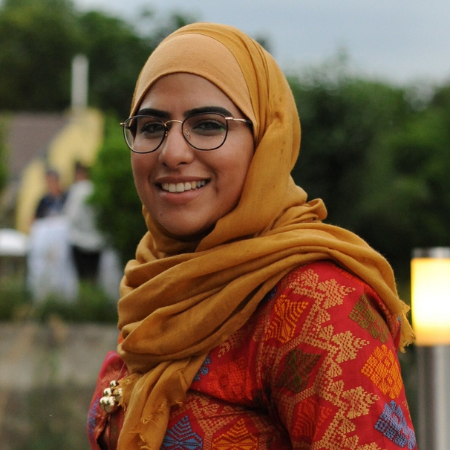
“Aesthetics of Participation: The Representation of Muslims in Austria through Art and Culture in the Context of Social Justice and Inclusion”
Summary: Asma Aiad’s research focuses on the “aesthetics of participation” in Austrian art and culture, particularly the representation of Muslims. The study investigates how these artistic representations impact societal perceptions, examining identity dimensions like gender, ethnicity, and class to explore inclusive representation.
Mansi Kashatria, IKOS, LiU
“Radical Nuisance? Contemporary Art Practices and Re-Imagined Globality”
Summary/abstract
The idea of imagining new realities, futures and/or alternatives has been around for as long as we, as a society of any form has existed, and this phenomenon recycles itself at every crisis or when there is a lack of it. But contemporary art and its institutions especially have taken this on as their suo moto (sole discretion), if not since art and its history were made into a discipline then certainly around the decades of 50s and 60s with its explicit social-turn.
My research begins from the point when these imaginations are visualised and then asks the question of how they are being brought into practice. Through a multi-site fieldwork, which is now complete, I follow the histories and practices of three contemporary art institutions: Konsthall C, Savvy Contemporary, and Kochi-Muziris Biennale, the first two located in the ‘global north’ and the last in the ‘global south’ of the contemporary art world.
Now, contemporary art has always tied the global north and the global south in a hierarchical relationship, rooted historically in their colonial relationships and through the globalised market systems in present times. At first glance, the three institutions I mention may not seem connected or have any resemblance as to why they need to be studied together. But they are all building a sense of being locally rooted as well as globally situated. With different formal, scale and material concerns, they are creating three distinct methods of producing a site and re-producing the present. They are engaging with the performative potential of contemporary art to re-imagine the social, cultural, and political milieu and by reading them together, I explore the flawed foundational understanding of the global that connects them. The question then becomes not about what that glorious future image is but about identifying those cracks in societies where utopias are located or emerge from. In doing so, I also highlight the current and apparent lack of critical frames of reference in research on contemporary art institutions. Seemingly locked, spatially and temporally, in a modernity-coloniality frame, there is a need to create a legibility of contemporary art that has different reference markers than the dominant western art narrative gives us.
About me (in 3rd person)
Mansi Kashatria is a postgraduate in Ethnic and Migration Studies from the institute of REMESO (Research on Migration, Ethnicity and Society), Sweden. She grew up and finished most of her education under the ‘colonial hangover’ of socio-cultural interactions in India, describing therefore her relationship with contemporaneity and global art as having been rather disjointed and therefore critical. Through various research projects with small-scale art and culture organisations in India, Germany, and Sweden, Ms. Kashatria has been searching for more accessible, inclusive, social, or even radical forms of art.
Melike İşleyen, MA & MSc
Dissertation Topic: “Visuality, Violence, and Resistance: The Grey Zone between Solidarity with Palestine and Betrayal of Palestinian Cause”
Summary: Melike İşleyen’s research explores how the structural violence associated with settler colonialism and coloniality, particularly the crimes committed against Palestinian society by the Zionist movement and the Israeli state it built connect to the visuality, visual cultures and media through comparative settler colonialism and decolonial feminist lens as analytical and theoretical frameworks.
Bio
Melike İşleyen, MA & MSc, PhD candidate at Oslo Metropolitan University, Department of Journalism and Media Studies with research interests in migration, settler colonial violence, visual cultures, decolonial lens, border thinking and decolonial feminism.
Mag.art. Henrie Dennis
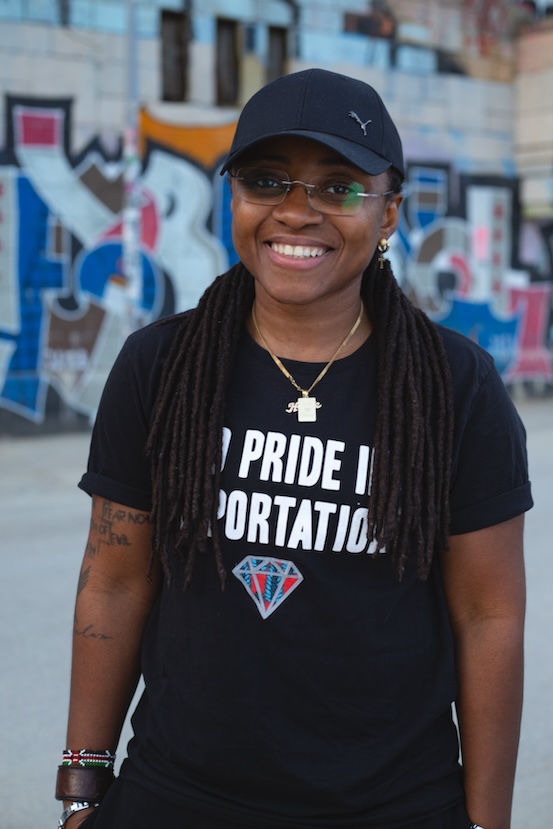
“Gendered Language Discourse in Border Policies: Examining the Role of Whiteness and its Impact on Global Migration”
Summary: Henrie Dennis’s research delves into the intersection of language, gender, and whiteness in European border policies, with a focus on the experiences of queer African migrants. Utilizing theoretical frameworks from Michel Foucault and Frantz Fanon, this study examines how sexuality, gender, and colonialism shape the lives of these migrants.
Adis Šerifović, BA MA
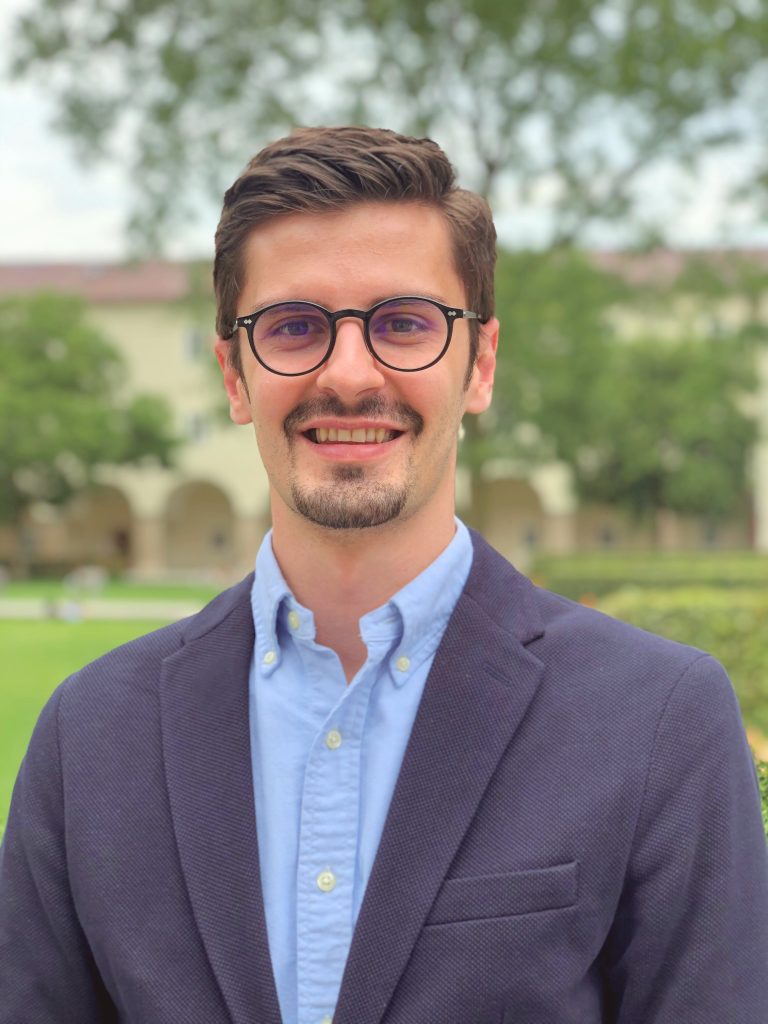
“Vulnerable communities and Medical care in Austria“
Contribution: Adis Šerifović will share insights from the Inclusion Health Project, which focuses on health disparities among marginalized communities, with an emphasis on the intersection of migration, health, and social justice.
Affiliation: Open Innovation in Science Center of the Ludwig Boltzmann Gesellschaft (LBG) – Inclusion Health Project; Role: Researcher and PhD student (Medical University Vienna)
Arú Rosa, PhD candidate (University of Aveiro/CIPES-UA/REMESO)
Thesis topic: “The contemporary challenging of combating racism – perspectives for a global anti-racism”
Summary: The investigation is interdisciplinary research that connect topics such as racism, higher education and public policies, especially in the context of the European Consortium of Innovative Universities (ECIU). The research explores: (1) racism as global system of exclusion; (2) how this theme has been inserted in higher education; (3) dialogues between UA-LiU for addressing racism and racial discrimination; (4) experiences of racial minority students in the context of ECIU universities.
For this presentation the focus will be on the systematic literature review carried out on the scientific platform Elsevier Scopus with the operationalization of Parsifal and MaxQda software’s. From this study, 59 articles were gathered, and we will show from a critical perspective, how the literature underscores the necessity for institutions to adopt anti-racist policies that go beyond mere diversity initiatives to alter the structures and practices that sustain racial inequities fundamentally.
Kenna Sim-Sarka
“Movement is Foundational: Indigenous perspectives on climate mobilities”
The purpose of this project is to investigate climate mobilities (movement related to environmental changes) in Indigenous communities in both northern Sweden (Sápmi) and western Canada (Secwépmc), with a particular focus on how communities challenge and resist dominant approaches to climate adaptation. The project will research how colonial power structures intersect with climate risk and climate adaptation options through conducting analysis of how ongoing discrimination may relate to these phenomena.
The project is based on qualitative case studies on the Swedish side of Sápmi, and data is collected through observations and interviews (both individual and group interviews) with research participants who identify as Sámi and live in areas deemed vulnerable to climate changes.
Mobility related to climate change is often identified as one of the largest future outcomes of an increasingly warming world; the relationship between environmental changes and human mobility is still debated amongst researchers, and research has shown that movement in the context of climate change is varied. Climate mobilities refers to the diverse possibilities of human movement in the context of climate change, including displacement, planned relocation, short-term mobility, and immobility.
Certain marginalized communities, including Indigenous communities, are disproportionately affected by the impacts of climate change, and research has shown that Indigenous communities around the globe are particularly at risk when it comes to climate change. This has included cases where climate changes have threatened the habitability of Indigenous lands and communities must seek out alternatives for their collective future, such as the community of Shishmaref, Alaska. There are a limited, but growing, number of studies investigating Indigenous communities and their experiences with climate mobilities, predominantly in Oceania and North America, showing that Indigenous communities have diverse perspectives when it comes to climate change and mobility. Importantly, research has also uplifted how dynamics of oppression and inequality, such as colonial power structures, intersect with climate mobilities.
There are no existing studies on what kinds of climate mobilities are present in Sápmi and how these are influenced by social and political factors. This project will contribute to this knowledge by asking the following questions: What kinds of climate mobilities are present in this case, and how are they connected to wider social and political structures? How are alternative understandings of climate change, sustainability, and adaptation expressed in local communities, and how do these interact with dominant narratives at the local, national, and international levels? In what ways do communities challenge and resist dominant narratives and approaches in climate adaptation? Theoretically, the project draws on perspectives from Indigenous methodologies, critical climate change studies, migration studies, and political ecology.
When: 15:15-17:00
Where: Norrköping city
DECOLONIAL WALKING TOUR OF NORRKÖPING
A guided tour by Kenna Sim-Sarka.